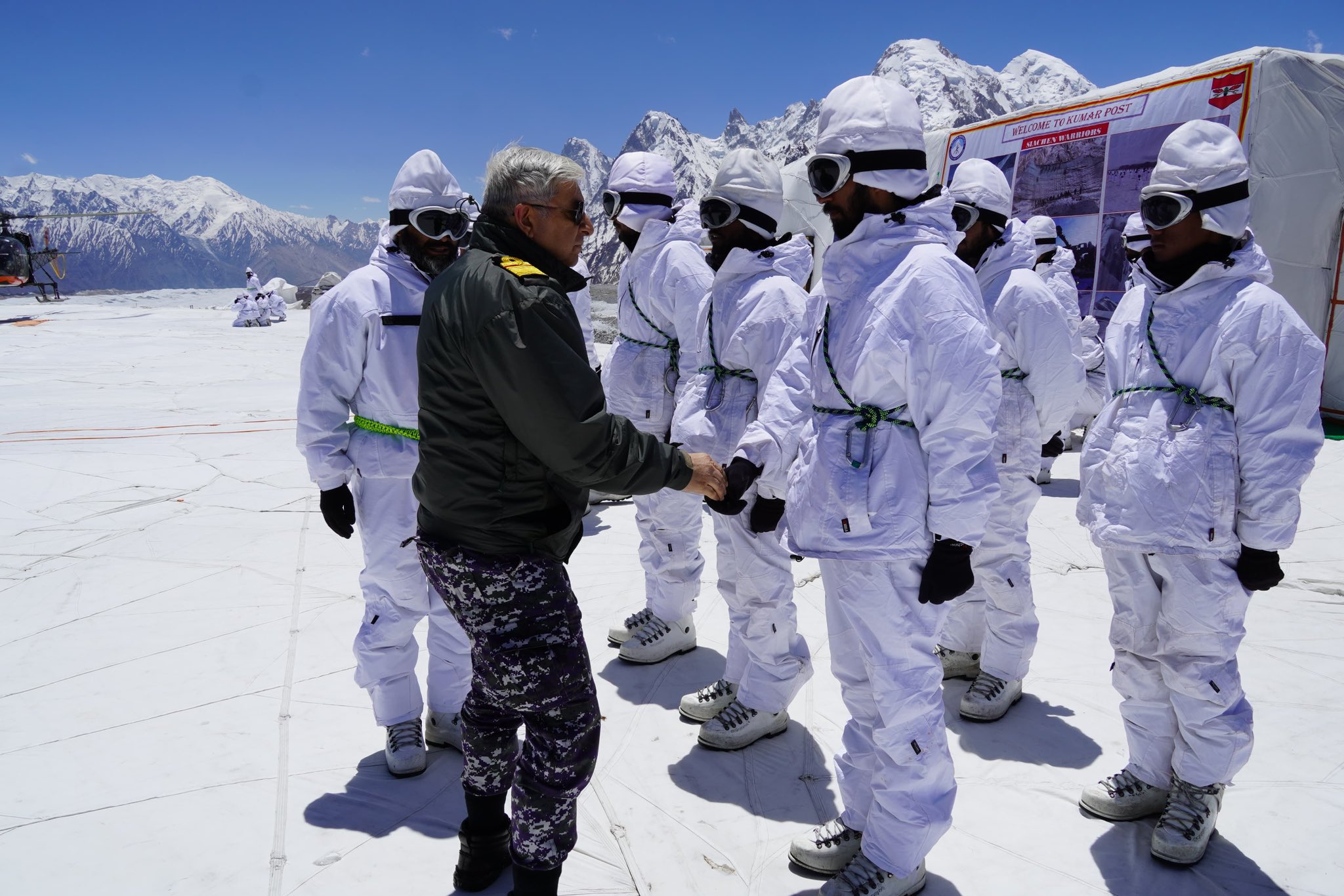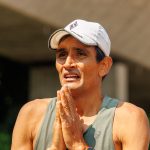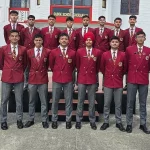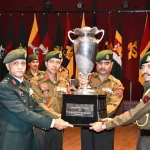Surg Rear Admiral Vivek Hande, Senior Consultant (Medicine) at the Office of the Director General Armed Forces Medical Services (DGAFMS), wrapped up a 10-day operational tour of the Ladakh Corps Zone, aimed at assessing and reinforcing medical resilience in extreme high-altitude conditions. The visit, which took place from June 7 to June 16, included a series of engagements with field medical teams and research centers, culminating in a significant visit to the Siachen Glacier.
Rear Admiral Hande inspected several military hospitals and forward-deployed field medical units, paying special attention to logistics, patient care standards, and the adaptation of medical infrastructure to the harsh Himalayan terrain. A major stop was the High Altitude Medical Research Centre in Leh, where he evaluated ongoing research initiatives. Notably, the center’s acclimatization protocols have resulted in a 30% reduction in acute mountain sickness incidents, according to a 2019 report from the Journal of the Royal Army Medical Corps.
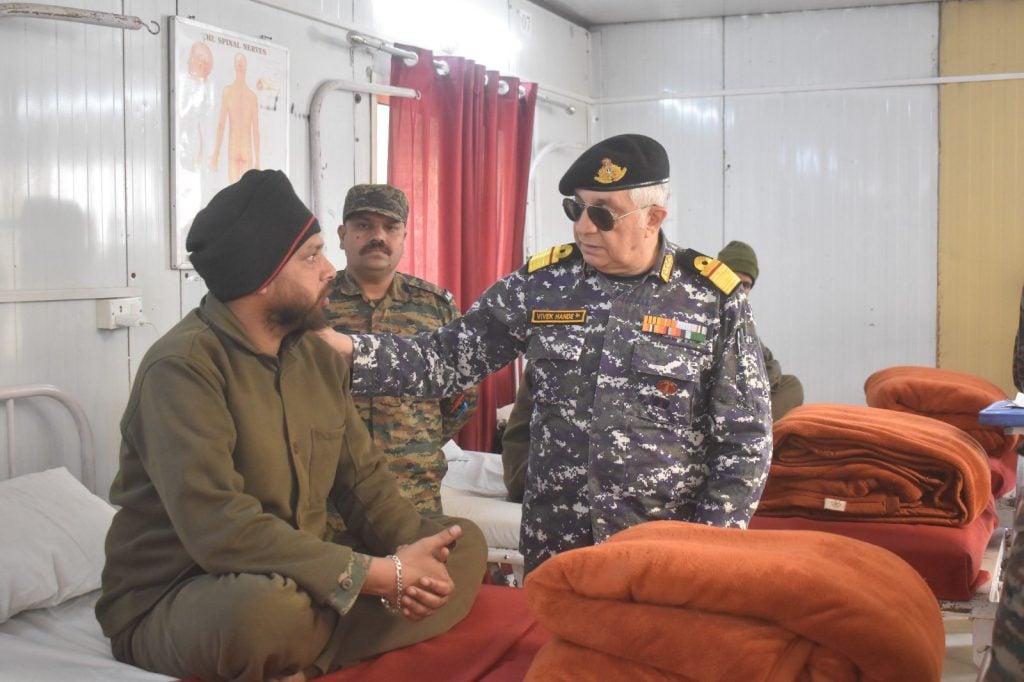
The highlight of the tour was his inspection of the Siachen Glacier, where he directly interacted with medics and soldiers posted in one of the world’s most unforgiving environments. The glacier, where temperatures routinely drop to -50°C, accounts for the majority of non-combat casualties in the region due to its extreme weather. Rear Admiral Hande praised the exceptional morale and professionalism of the Armed Forces Medical Services (AFMS) personnel who operate under these challenging conditions, emphasizing the indispensable role of medics in sustaining operational effectiveness at such altitudes.
In addition to medical concerns, the visit also touched on the environmental impact of long-term military deployment in the glacier zone. Data from the Pakistan Meteorological Department indicates an annual temperature rise of 0.2°C since 2007, contributing to accelerated glacier melt. To mitigate ecological damage, the Defence Research and Development Organisation (DRDO) has deployed cold-resistant bacteria to aid in the natural decomposition of waste, part of a broader effort to preserve the fragile ecosystem.
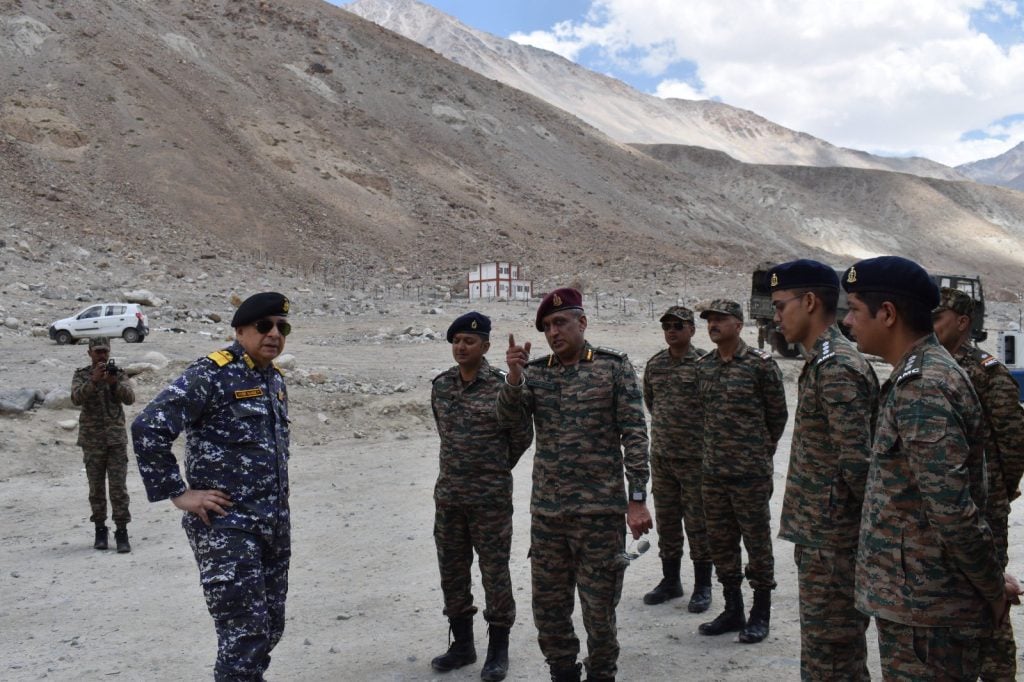
Rear Admiral Hande’s visit underscores the Indian Armed Forces’ focus on enhancing medical preparedness in remote and high-risk zones, while balancing operational needs with environmental responsibility. His interactions and assessments are expected to inform future medical strategies and innovations tailored to the unique demands of high-altitude warfare.

